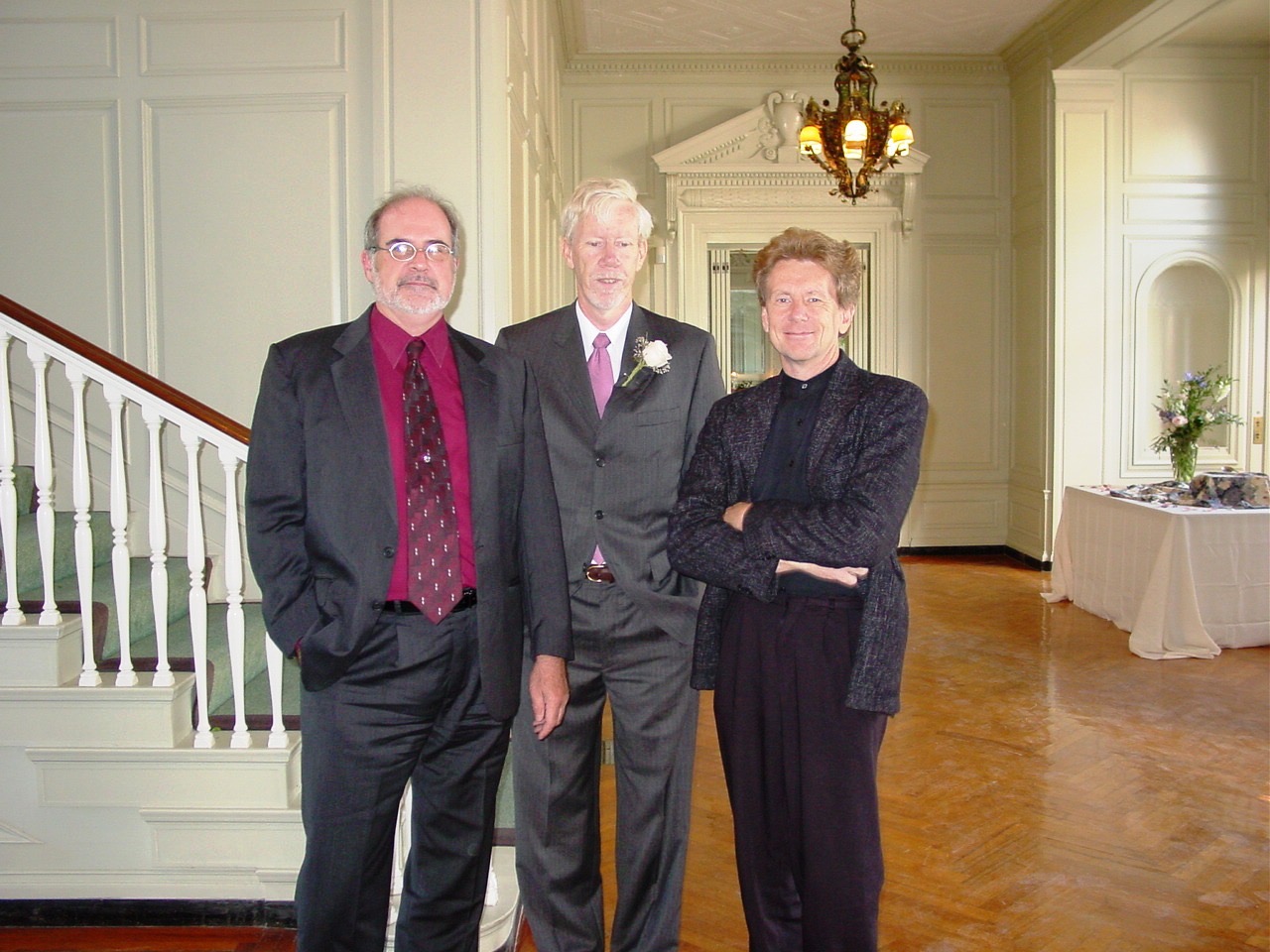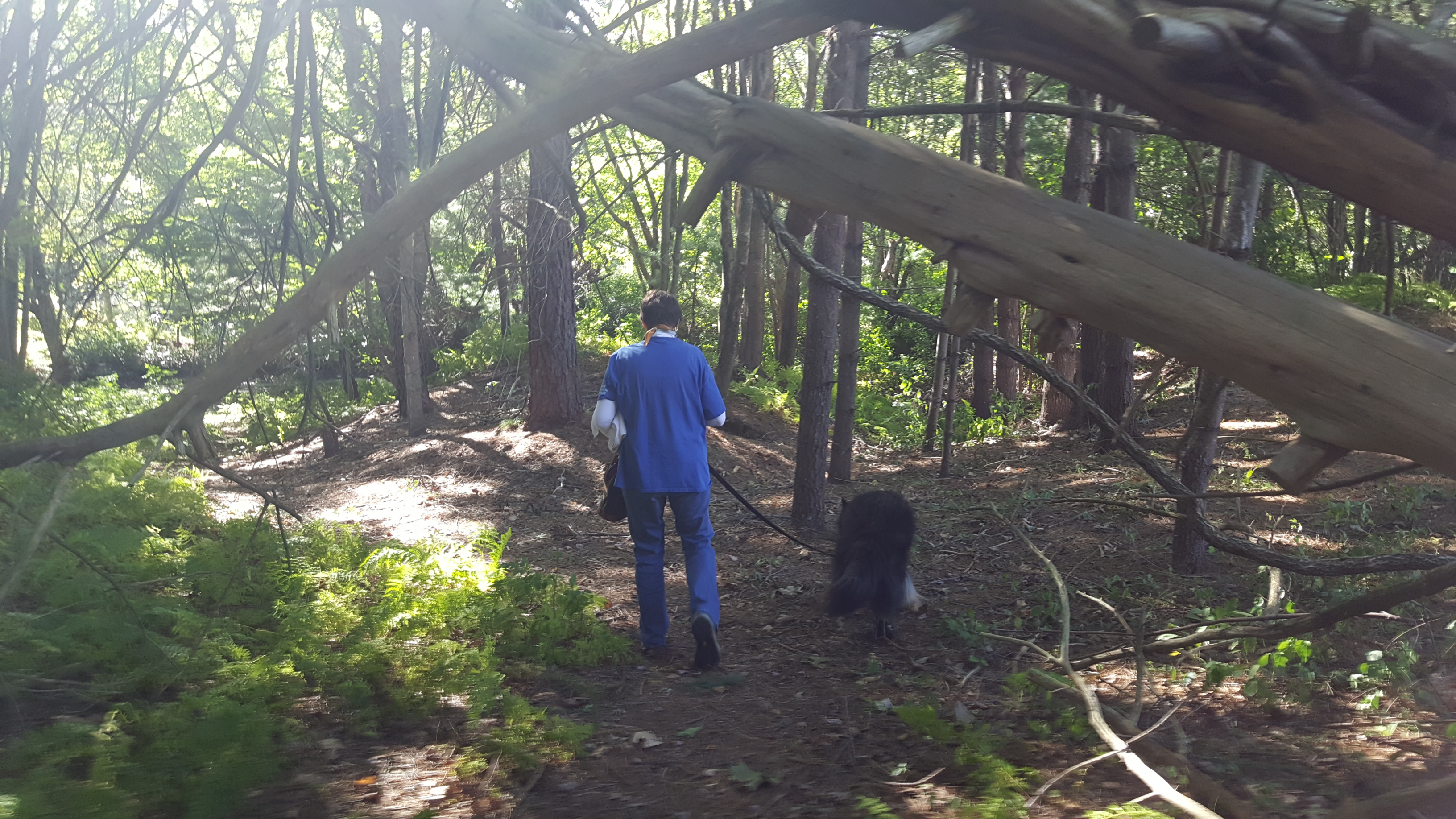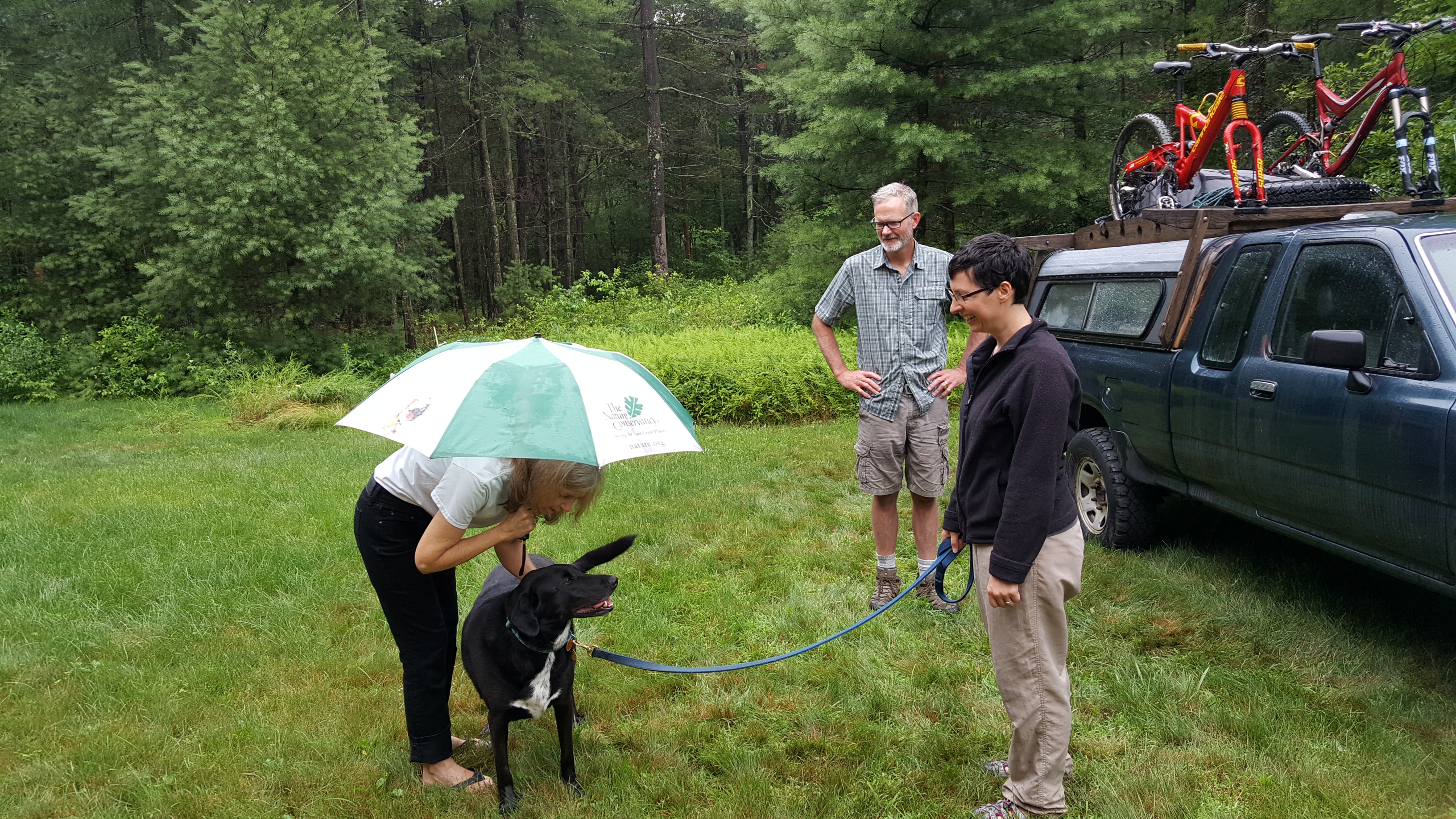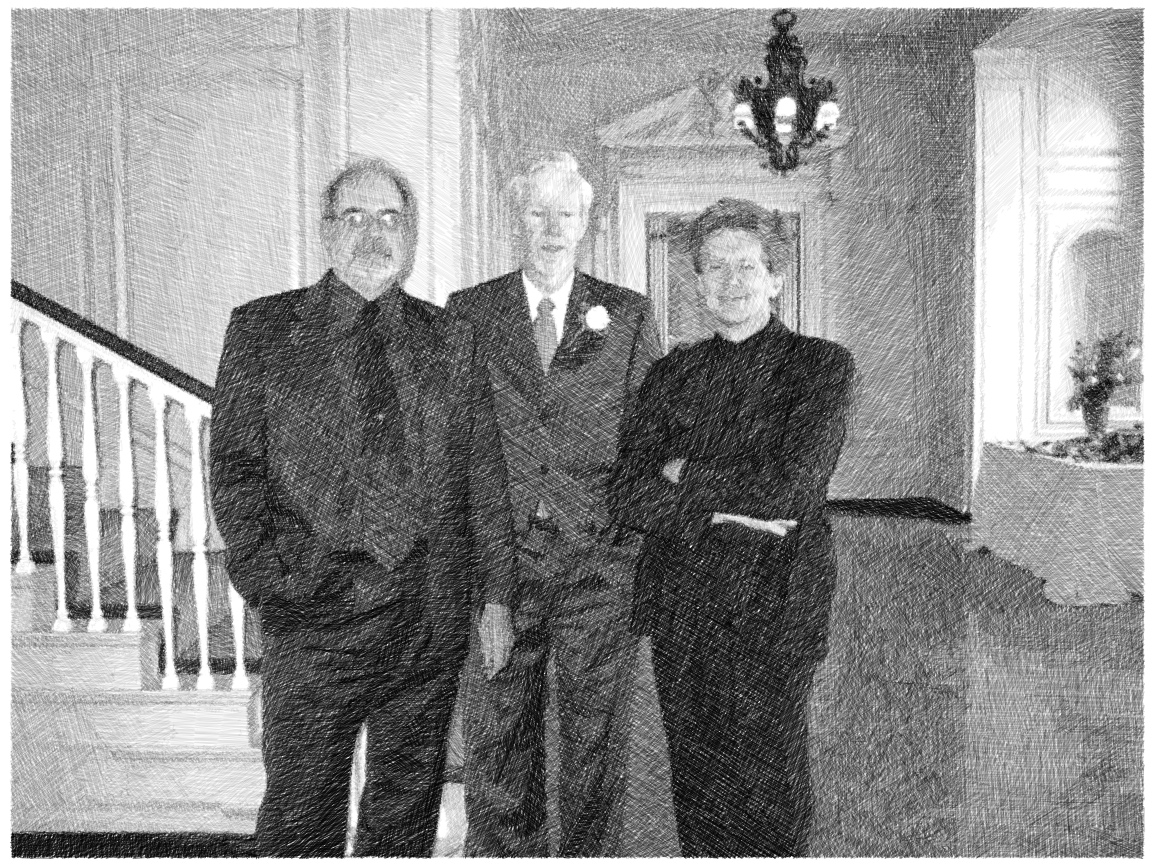Welcome to the Wakefield Doctrine (the theory of clarks, scotts and rogers)
Say, why don’t we continue this blogpost-as-metaphorical-classroom-lecture.
…damn! do ya really want a lecture today?
nah
the internet has way more betterer sources of interesting content for clarks than we’re able to produce.
Example(s)L Half as Interesting, Blacktail Studios and, just discovered this weekend, CGPGray.
Homework Assignment: Go to all three youtube channels and tell us which of the three predominant worldviews are manifested by the host/originator/writer. (Hint: this is a total softball question. Easy start to the week). Extra Credit: in your Answers speak to their secondary aspects.
We’ll just stick to our job. Being curator of the Wakefield Doctrine
As often happens, the process of determining the predominant worldviews (in today’s example, these three people) is a fun way to review best practices when it comes to working with the Doctrine, specifically the matter of “Is he/she a clark, scott or roger.”
Just this weekend, (the Progenitor) roger asked the question: “Where are the female rogers?” and Misky, commentationing in the course of the week, asked the kinds of questions that, while on the surface seem simple and direct, in point of fact, manifest an opportunity to present everyone’s favorite personality theory in a new and ultimately increased value to the new Reader.
So, what say we address the following question(ettes):
- where are the female rogers?
- why does it seem that I am one type most of the time, but clearly another, different predominant worldview, other times? (question paraphrased.*)
Why look at the time. We gots to go.
Tune in tomorrow as we address these two pressing question.
* Paraphrasing Institute motto: ‘Just because you don’t remember something, doesn’t mean you can’t just say what you want the other person to have said!’
speaking of the fun of applying the Doctrine to the world around us, what say we take a listen to a certain clark from days-past as he advises us of possible responses to inclement weather here









